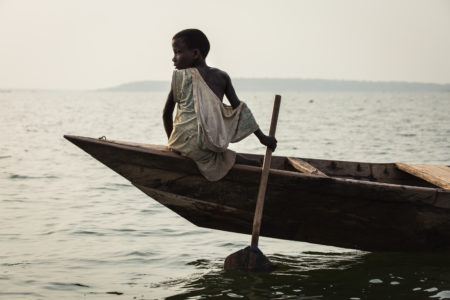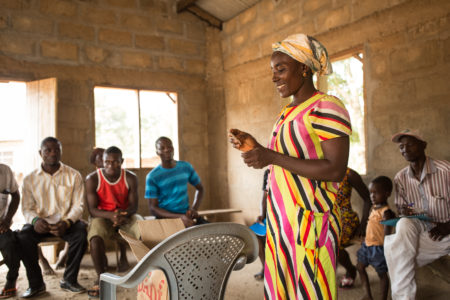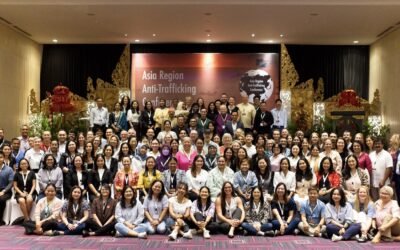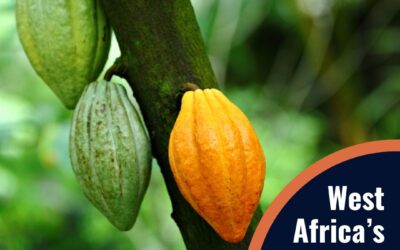A new research report has uncovered cases of child trafficking and exploitation in six districts of Ghana. Field teams documented more than 500 instances of child trafficking in 20 communities surveyed in 2016, and 107 households with cases of child trafficking in 14 additional communities studied in 2017.
The findings are revealed in a just-completed report, Trafficking’s Footprint, which is now available on the Free the Slaves Ghana program webpage.
Free the Slaves and our partner organizations conducted the research to establish a baseline database for our Growing Up Free project to confront child trafficking in Ghana. The research also provides valuable context about the drivers and mechanics of trafficking in specific project communities so that tailored project activities could be developed.
Research teams discovered a wide range of trafficking prevalence in the 34 communities studied. In two villages, 2 percent of the households are affected by child trafficking, while in another village 100 percent of the households are affected. In almost all communities residents expressed a desperate need for income-generating activities to reduce vulnerability to child trafficking.

Lake Volta fishing | Photo: FTS/Teague
Half of the cases identified in the 2016 phase of the study involved children trafficked to fishing boats on Lake Volta. “Children who fall victim to trafficking are not able to exercise their most basic rights and are often forced to work all day and even throughout the night in some cases,” researchers found. “These children are vulnerable to physical and mental abuse. They are frequently beaten, starved, raped or forced into sexual relations.”
The Trafficking’s Footprint report outlines how Free the Slaves will respond to the causes and impact of child trafficking. The project will focus on community vulnerabilities, livelihoods, teen pregnancy, infrastructure improvement and awareness-raising on Ghanaian trafficking laws.

Community training | Photo: FTS/Teague
The study focus only on the 34 communities where Free the Slaves teams are at work, and is not intended to represent the scope or prevalence of child trafficking or exploitation throughout Ghana.



